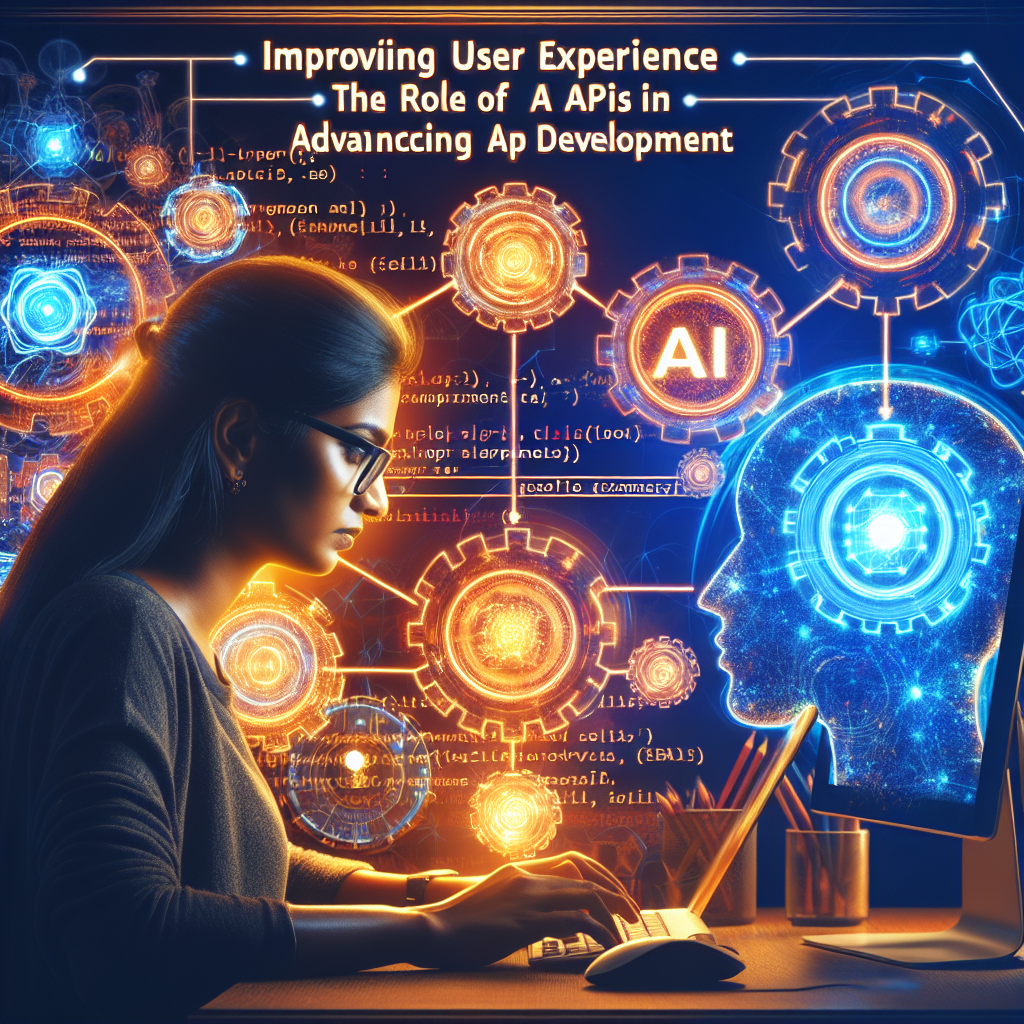In the current digital environment, developing an application that offers a user-friendly experience is crucial for standing out in a competitive market. As user expectations shift, developers are increasingly utilizing Artificial Intelligence (AI) APIs to greatly enhance user experience (UX). This article delves into how AI APIs are revolutionizing app development by providing personalized experiences, automating tasks, and promoting smarter interactions.
The Emergence of AI in App Development
AI technologies have become more accessible, allowing developers to seamlessly integrate complex functionalities into their applications. AI APIs offer pre-built models and tools that enable developers to incorporate features like natural language processing, computer vision, and predictive analytics without requiring extensive AI knowledge.
Significant Advantages of AI APIs in Augmenting User Experience
-
Personalization at Scale
AI APIs provide applications with the capability to analyze user behavior and preferences, leading to customized experiences. For instance, services like Netflix and Spotify utilize AI algorithms to deliver personalized recommendations based on users’ past behaviors and interests. By implementing recommendation systems, apps can foster deeper user engagement, thereby boosting retention rates.
-
Natural Language Processing (NLP)
AI API-powered conversational interfaces enhance user interaction with applications. Tools such as Google Dialogflow and Microsoft Azure’s Cognitive Services allow developers to add chatbots and voice recognition features, enabling users to engage in more natural and intuitive dialogues. This not only improves UX but also minimizes navigation difficulties within the app.
-
Automation of Routine Tasks
AI APIs are capable of automating repetitive tasks, allowing users to focus on more meaningful activities. For example, applications that incorporate AI for task management can automatically categorize emails, schedule meetings, or prioritize tasks based on user behavior. By streamlining these processes, developers can create a more efficient and enjoyable user experience.
-
Improved Accessibility
AI can enhance application accessibility for various user groups. Image recognition APIs can articulate visual content for visually impaired users, while voice-controlled navigation aids those with mobility challenges. As inclusivity gains prominence in app development, AI APIs provide solutions to reach a wider audience.
-
Predictive Analytics for Enhanced Decision-Making
Using data analytics capabilities, AI APIs enable applications to forecast user needs and behaviors. For instance, e-commerce platforms may employ predictive analytics to anticipate when a user is ready to make a purchase, presenting relevant offers at just the right time. This proactive strategy not only enhances UX but also contributes to business growth.
Successful Case Studies of AI API Integration
-
Medium – Content Recommendations
Medium, the online publishing platform, employs AI-based recommendation engines to suggest articles based on readers’ reading habits. This tailored approach increases user engagement by highlighting content that aligns with individual preferences.
-
Snapchat – Augmented Reality Filters
Snapchat integrates computer vision APIs to offer users dynamic augmented reality filters. These features enhance user interactions and enable creative expression, bringing users back to the app and increasing overall satisfaction.
-
Slack – Smart Reply Suggestions
Slack uses NLP to provide smart reply suggestions, helping users respond to messages more efficiently. This feature enhances communication within teams, resulting in a smoother collaboration experience.
Challenges and Considerations
Despite the many advantages presented by AI APIs, developers must also address challenges like data privacy, ethical concerns, and potential algorithmic bias. Ensuring transparency in AI operations and complying with data protection regulations is essential for maintaining user trust.
Conclusion
AI APIs are transforming app development by significantly enhancing user experience. With capabilities that allow for personalized interactions, task automation, improved accessibility, and the use of predictive analytics, these tools have become indispensable for contemporary developers. As AI technology continues to advance, the potential for even more innovative user experiences is boundless, making this an exciting era for those working at the intersection of technology and user engagement. By thoughtfully integrating AI APIs, developers can craft compelling applications that not only meet but exceed user expectations.

